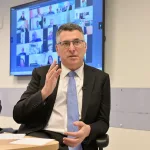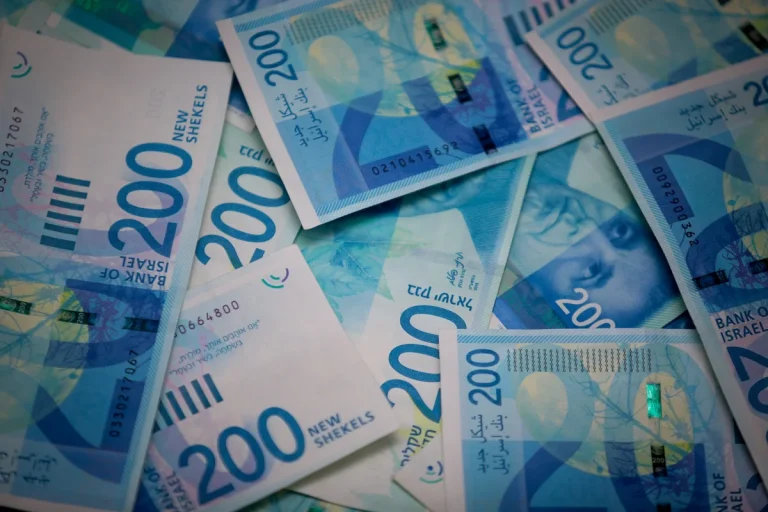Jerusalem, 29 October, 2025 (TPS-IL) — Tips do not motivate better service and are often given more out of habit and social pressure than genuine appreciation, according to Israeli and U.S. researchers. A study released on Wednesday suggested that restaurants rethink wages and performance bonuses and that consumers tip more selectively.
“The ‘homo economicus,’ who is only interested in their own material wealth, has no reason to tip once the service has been provided,” explained Dr. Ran Snitkovsky of the Coller School of Management at Tel Aviv University. “Previously, researchers suggested that tipping ensures better service in the future, but this doesn’t explain why tips are given even when customers are unlikely to encounter the same service provider again. For instance, a taxi driver in New York may never see a rider twice—and even if they did, they probably would not remember them.”
Dr. Snitkovsky co-authored the study with Prof. Laurens Debo of the Tuck School of Business at Dartmouth College. Their paper, published in the peer-reviewed Management Science, used mathematical models and tools from game theory and behavioral economics to explore the psychology behind tipping. The researchers identified two primary motivations: genuine appreciation for the service and conformity with prevailing norms.
“Into this model we fed the two main reasons people report for tipping: the first is to express gratitude to the service provider, and the second is conformity—doing what everybody else does,” Snitkovsky said. “The first reason reflects personal valuation of the service or the server–customer interaction. The second is tied to social perception and interaction with other customers. In other words, we can distinguish between ‘appreciators’ and ‘conformists.’”
The study found that tipping rates often rise over time in societies where social pressure is strong. Appreciators—those who tip above average to reward good service—tend to pull conformists upward, gradually increasing the overall tipping rate. “This might explain why tipping rates in the U.S. a few decades ago were around 10% and are now closer to 20%,” Snitkovsky said. Rising tipping rates may also reflect growing economic inequality, a hypothesis supported by their model and proposed by Prof. Yoram Margalioth of Tel Aviv University.
However, tipping is a weak incentive for improving service.
“If a server knows most customers are conformists, there’s little reason to put in extra effort since they will tip the customary amount anyway,” Snitkovsky explained. In a society composed entirely of appreciators, tips would more effectively reward and motivate servers.
The study also examined the ‘tip credit’ system in most U.S. states, which allows employers to pay sub-minimum wages to tipped workers and use tips to make up the difference. “We see that a higher tip credit allows businesses to reduce prices because they rely more on tips to finance labor,” Snitkovsky said. “This suggests an element of economic efficiency, but the efficiency comes at the expense of the individual server’s earnings.”
The research carries practical implications. For businesses, it highlights the potential benefits of alternatives such as performance-based pay or flat wages with occasional service bonuses. For policymakers, it raises questions about the fairness of tip credit laws and suggests revising minimum wage policies for tipped workers. For consumers, understanding that tipping often reflects conformity rather than genuine appreciation allows for more selective tipping and support for fairer wage structures, the study said.
Dr. Snitkovsky admits he personally dislikes tipping. “Tipping puts customers in an uncomfortable position,” he says. “Studies show it can encourage sexist behavior toward female servers and introduce racial bias. Yet tipping also allows those willing to pay more for service to subsidize it for others. It has some positive effects, but modern tools like online reviews and in-house monitoring offer better ways to evaluate service than relying on tips.”































